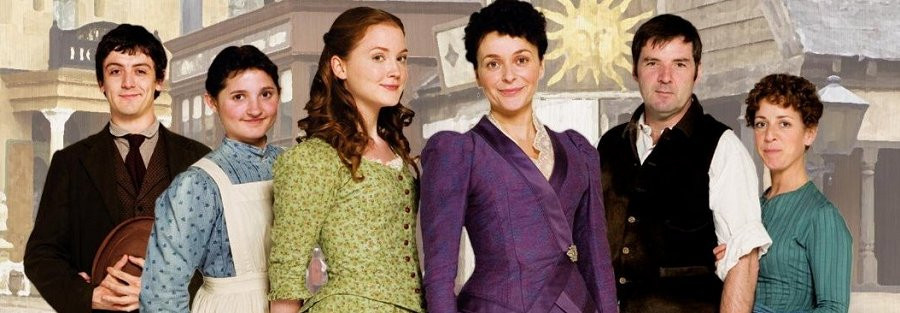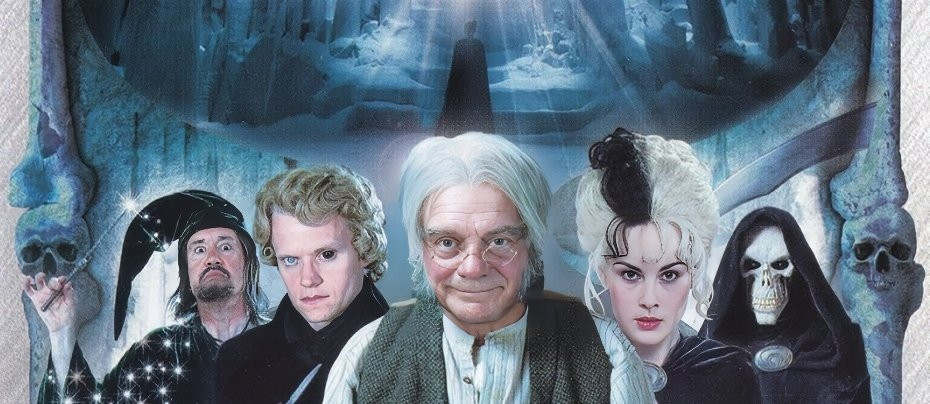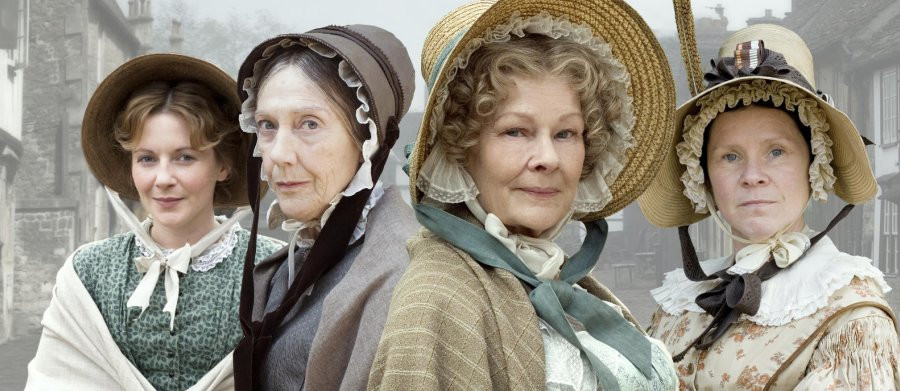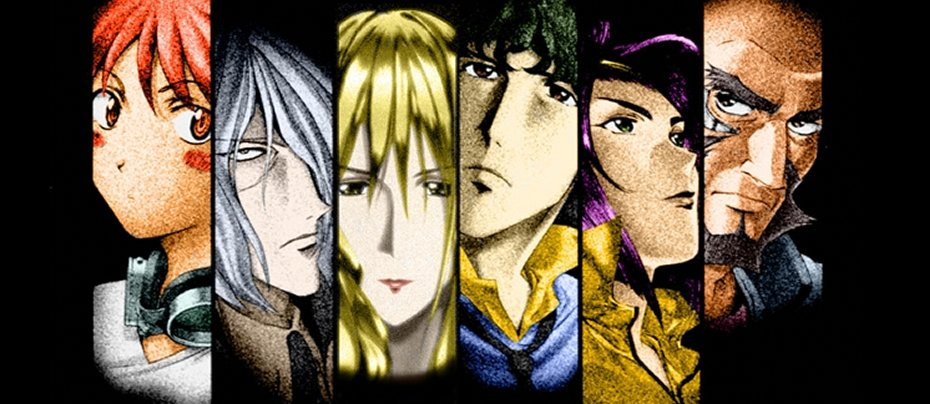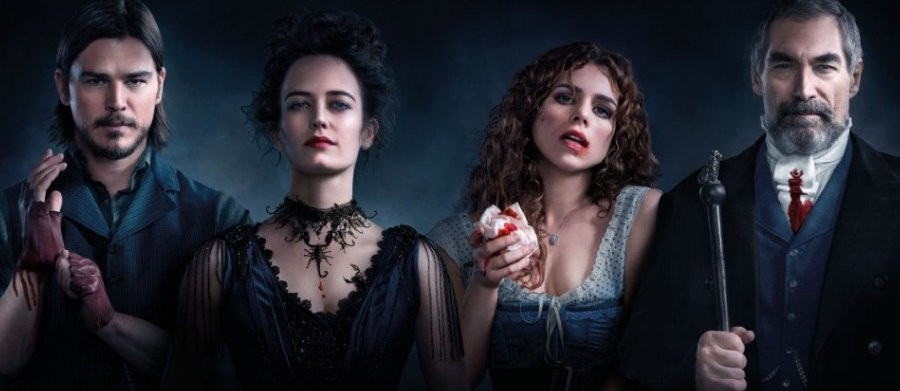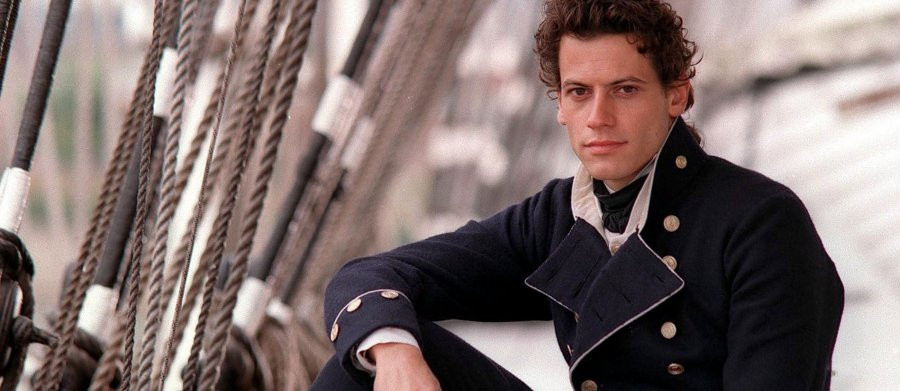
Hornblower
1998 - United KingdomBy his own account, it was around 1935 that C S Forester, hitherto the author of respectable novels such as 'The African Queen' and 'The General,'alarmed his publisher with the words "I'm thinking about writing a novel about a naval captain in 1808 ...I think I'll call him Hornblower."
At that point the sub-genre of Napoleonic Wars naval fiction did not exist. It was Forester and his Horatio Hornblower who launched it - showing the way for Pope and Ramage, Reeman and Bolitho, and O'Brian and Aubrey and Maturin, among many others. There is even a sub-sub-genre of Nelsonian style captains set in space. Yet it is Hornblower who remains the gold standard.

The secret of his success it that Hornblower is not a superhero but a professional naval officer who enjoys the sort of career a talented seaman might have had at that time if the cards had happened to fall the right way for him. Starting in friendless obscurity, he rises gradually through the ranks - making mistakes and learning lessons along the way - until he matures into a very competent commander.
Success with a sloop leads to promotion to a frigate, then a ship of the line, and finally a squadron. His active career ends as a peacetime Commander-in-Chief. Forester took elements from real life officers including Lord Cochrane "the Sea Wolf," Sir James Gordon, and Nelson himself to make Hornblower wholly credible. Other historical officers, including Sir James Saumarez and Sir Edward Pellew, make guest appearances in the books, the latter as Hornblower's mentor.
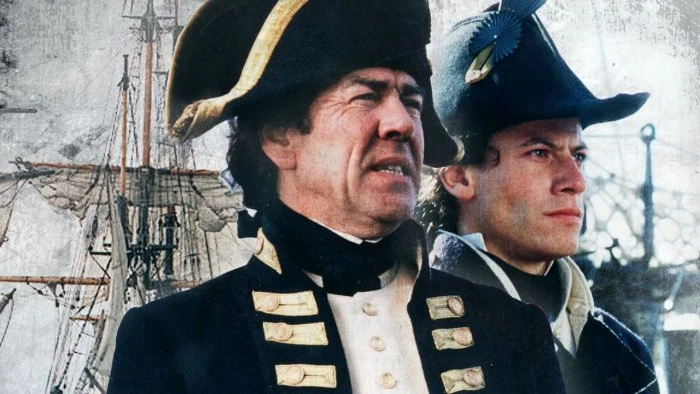
The original intention of this fine television version was to follow Hornblower all the way through the novels, but only the episodes covering his early years were completed. They stop just short of the central trilogy of adventures as a Post Captain that most fans of the novels consider to be the highlight. These were the subject of an unconnected feature film starring Gregory Peck in 1951.

It is a great pity, but hardly a great surprise, that the television adaptations proved simply too expensive: indeed, the only surprise is that such sumptuous productions were ever possible on television budgets. They are triumphs of high production values: every penny can be seen there on the screen - in the splendid location work, in the meticulously authentic costumes, in the use of ships, in the details of everyday life at sea and on land, and in the casting, which had great strength in depth. They bear honourable comparison with the magnificent film version of Patrick O'Brian's 'Master and Commander,' which had the advantage of a huge Hollywood budget.
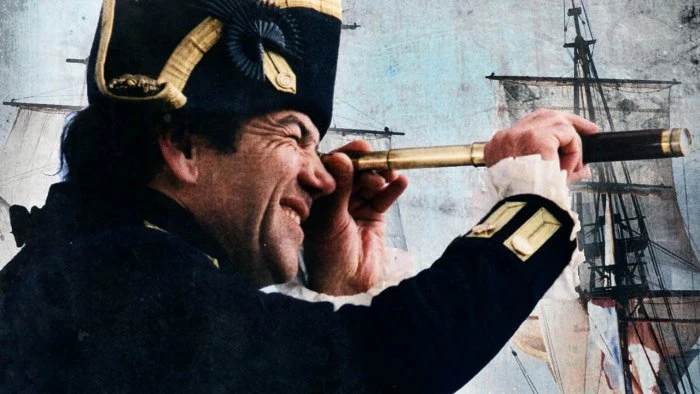
If they could be viewed in their own right, as the tales of a generic Nelsonian-era naval officer, they would certainly deserve five stars. The problem is that, having used the Hornblower name, they open themselves to the criticism that the television Hornblower is not the Hornblower of the novels. The whole point of Forester's hero is that he is a particularly lonely, emotionally-guarded man in an emotionally-guarded environment. Some studio executive doubtless pointed out that key demographics of the target audience might have difficulty "relating" to such a character. So we have Hornblower and even Pellew emoting all over the place, and given a surrogate father-son relationship which, although acted with great skill, undermines Forester's entire concept.
That said, some of the adaptations do improve on the books. The best is the second season two-parter, which expands the novel Lieutenant Hornblower into a clever tribute to 'The Caine Mutiny,' and which boasts two brilliant guest performances: David Warner as a heroic captain losing his mind; and Philip Glenister as a warrant officer who is at first reminiscent of the satanic Master-at-Arms Claggart in 'Billy Budd' but is gradually revealed as far more complex.
Ioan Gruffudd, who played the title role, is often quoted as saying he would like to return to it. If so, this might be the right time. He has matured as an actor - to be honest, he was probably too young for the central trilogy when this series was made - and the likes of 'Black Sails' have shown what is now possible with CGI. It would be good to see it happen.
Seen this show? How do you rate it?
Seen this show? How do you rate it?
Published on October 7th, 2019. Written by John Winterson Richards for Television Heaven.




